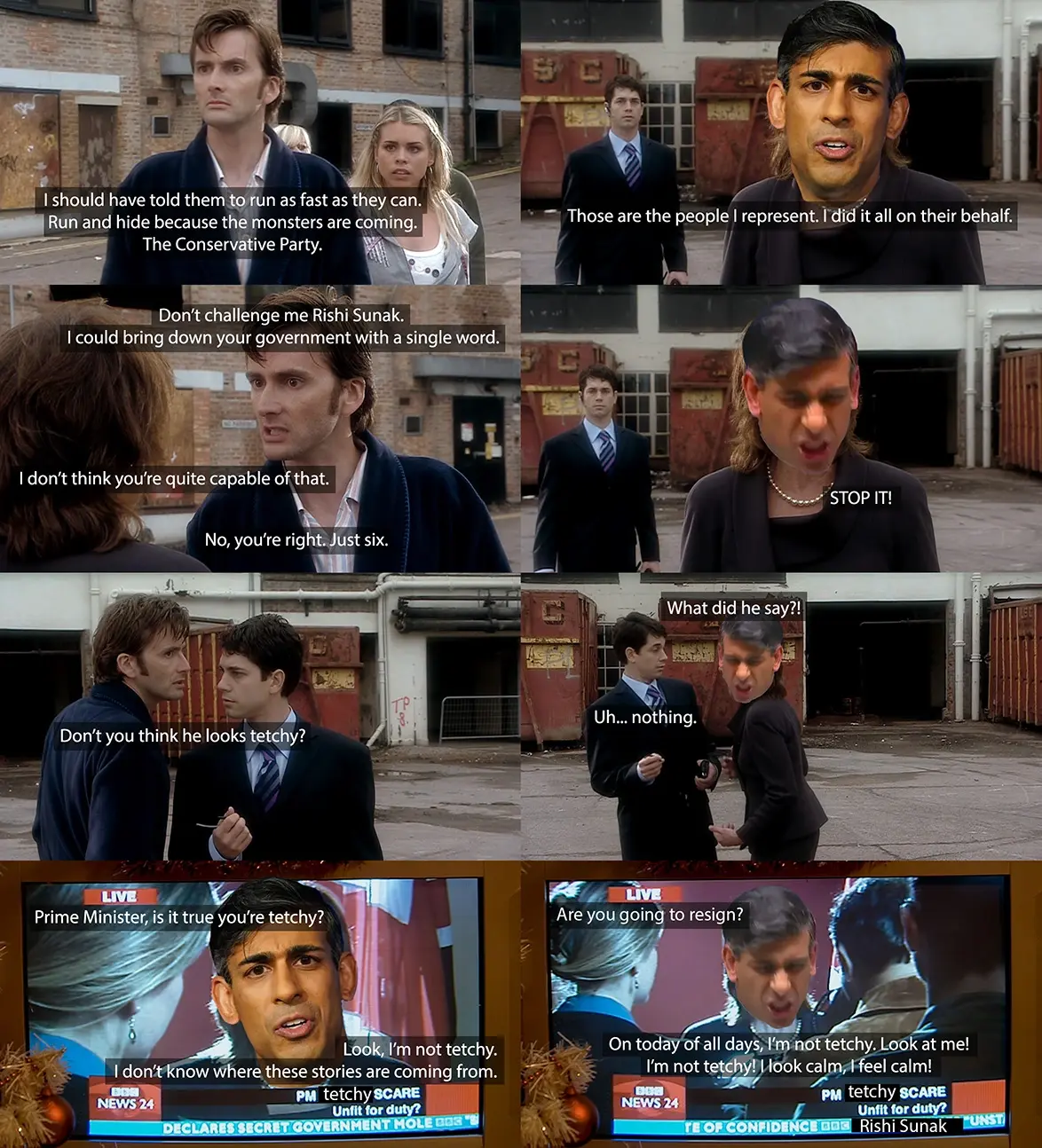I'm making this request on behalf of a community I'm part of, which has some fairly specific requirements that we're struggling to fill. Basically, we're an art and writing group that makes extensive use of building our own old-school webpages (almost exclusively HTML, some of us use some CSS as well). This group has been running for over 25 years (late 90s), and back in the old days our website building needs were met by Frontpage, Dreamweaver, and the like. Most of these are gone now, obviously, and we've had trouble finding a more modern equivalent that does what we want.
We have experimented with CMS options, but had various issues arising from this - lack of customisation/design flexibility (each individual page we create often has a completely unique design based on the content, whereas most CMS is focused on creating a cohesive design template for a whole site), security problems (especially WordPress), being locked into that CMS and unable to export to a different one or plain HTML, etc.
What we need:
-
WYSIWYG interface - although most of us know basic HTML and some CSS, we're not coders and primarily work visually. We are not aiming for professional-looking websites to sell products, and there are no databases or scripts to worry about. The ability to be able to pick colours, layouts, etc, and then write text and add images is what we're after.
-
Downloadable - we need actual software that we can run locally on our own computers. We all have our own webhosting with FTP access, so we just want to be able to create the HTML files and not be tied into a particular host or platform. If there's a web-based option that will allow us to simply create a page and then download the final result as a usable HTML file that we can upload to our own hosting, then that option will be considered.
-
Easy to set up - tech knowledge varies in the group, so something with an easy installation is needed. I found a couple of options that exist only as Github repositories, and the explanations of how to get them working went right over our heads.
-
Free - we're all poor, starving artists. That said, we'd consider a paid-for option if it was low cost (<£15/$20 per licence), but we're not in a position to drop £100 each on software.
-
Will consider CMS options if it allows each page to be individually and uniquely designed, and does not lock you into using only that CMS - easy export to plain HTML/CSS would be a requirement. With a 25-year old community that has outlived a number of platforms and hosts, we're wary of anything that tries to lock us into a specific platform. The CMS would nevertheless need to be relatively easy to install on webhosting, due to the aforementioned varying degrees of tech knowledge. Knowledge of Javascript, PHP, etc is extremely limited.
In summary, we're maintaining a hobby community started in the late 90s when we were teenagers, and we're looking for FOSS options that replace the Frontpage and Dreamweaver type software we used back then.
Thanks! :)

I'm feeling the need to do a social media detox, including Beehaw. Pro-AI techbros are getting me down.
Shockingly, keeping Instagram active. My feed there is nothing but frogs, greyhounds, and art from local artists, and detoxing from stuff that is improving my mood rather than making it worse seems unnecessary.